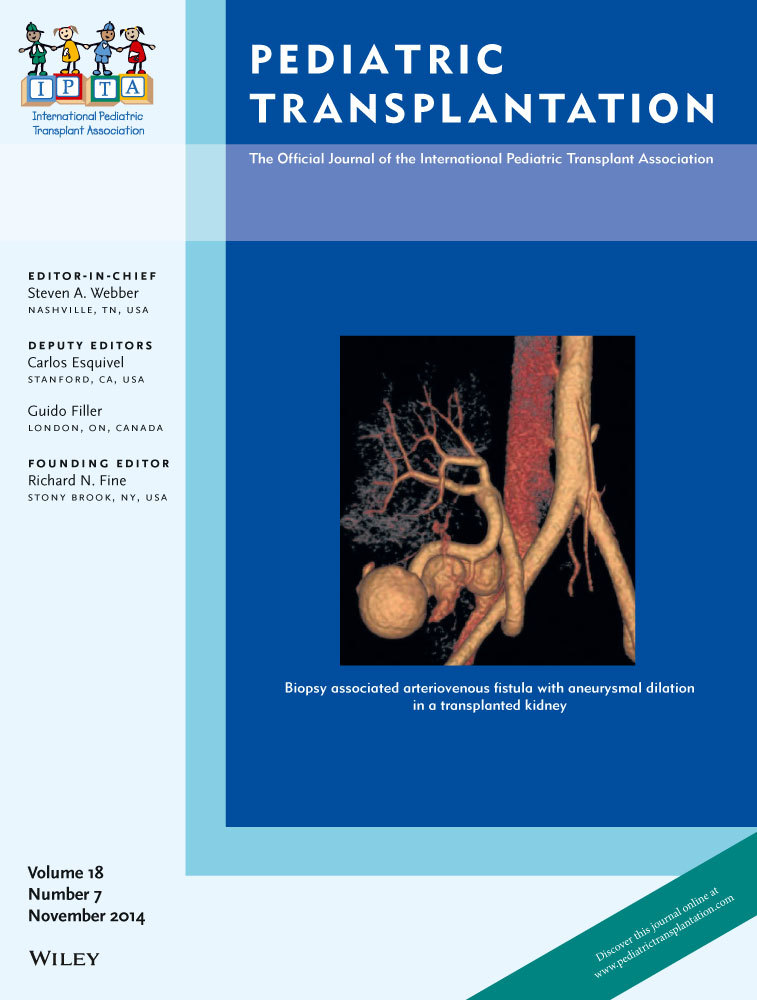Challenges for paediatric transplantation in Africa
Abstract
Transplantation is the accepted mode of treatment for patients with end-stage organ disease affecting the heart, lungs, kidney, pancreas, liver and intestine. Long-term outcomes have significantly improved and the aim of management is no longer only long-term survival, but also focuses on quality of life especially in children. Transplantation in Africa faces a number of challenges including wide socioeconomic disparity, lack of legislation around brain death and organ donation in many countries, shortage of skilled medical personnel and facilities, infectious disease burden and insecure access to and monitoring of immunosuppression. Whilst there is a need for transplantation, the establishment and sustainability of transplant programmes require careful planning with national government and institutional support. Legislation regarding brain death diagnosis and organ retrieval/donation; appropriate training of the transplant team; and transparent and equitable criteria for organ allocation are important to establish before embarking on a transplant programme. Establishing sustainable, self-sufficient transplant programmes in Africa with equal access to all citizens is an important step towards curtailing transplant tourism and organ trafficking and has a further beneficial effect in raising the level of medical and surgical care in these countries.




